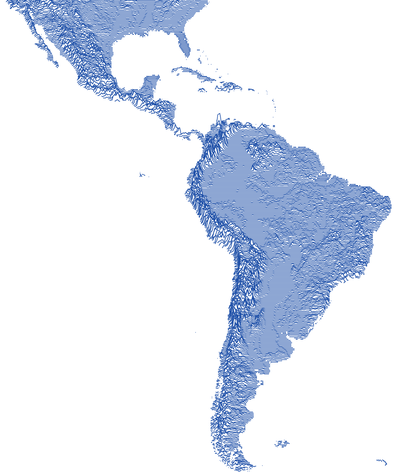Data Collection & Management
This course is designed for graduate students from any discipline – social sciences, humanities, biophysical sciences – and at all stages of their graduate program. It is an introduction to methods for collecting, organizing, managing, and visualizing both qualitative and quantitative data. Students will gain hands-on experience with best practices and tools.

Course Objectives
At the conclusion of this course students will be able to:
Describe the different types of research data & the research data life-cycle
Explain the need for and benefits of data management and sharing
Describe and implement best practices for data collection, storage, management, and sharing
Find, download, and analyze publicly available data from repositories
Carry out simple and reproducible data corrections and dataset organization
Describe public policies and agency requirements for data management and sharing
Articulate the major legal & ethical issues regarding the data collection, use, and storage
Create and Implement Data Management Plans in funder-specific formats
Identify and properly use tools for more efficient and secure data collection in the field